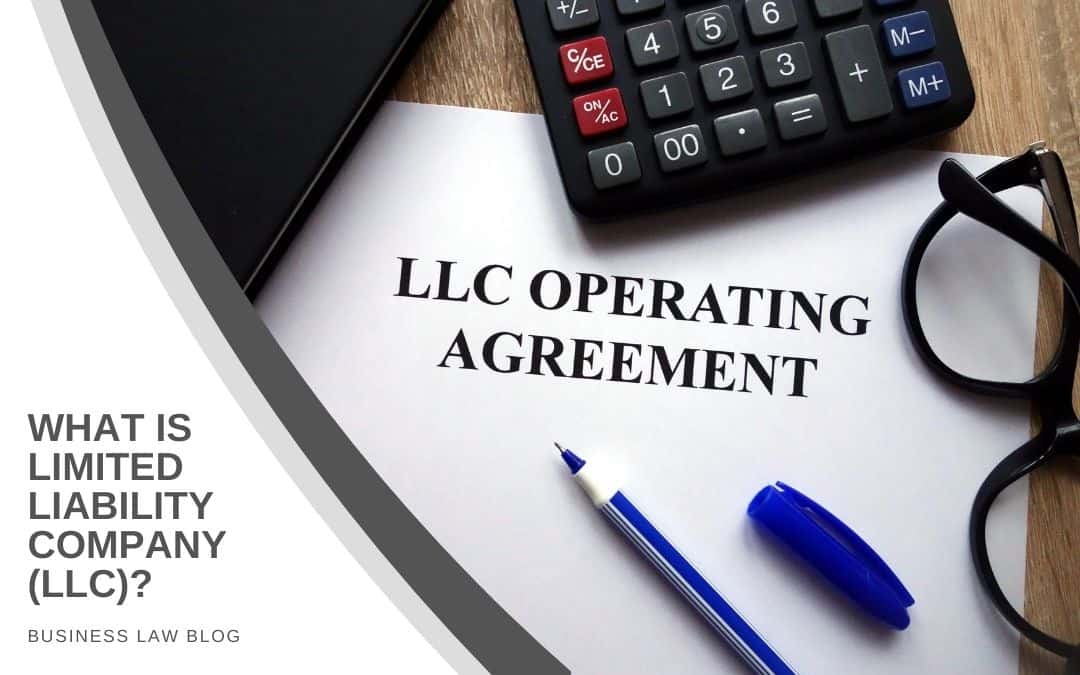


How Do I Choose Between An S-Corporation and C-Corporation?
Before filing your corporate structure, ask yourself questions to determine which form is most aligned with your business model. For example (not a comprehensive list): Will you need to sell diverse types of stocks? Will you need more than 100 investors? Will your...
What Is An S-Corporation?
Company founders filing their business at the state level can choose to incorporate as an S-corporation. This type of company structure provides similar liability protections as a C-corporation; however, they are taxed on a “flow-through” basis. Taxes...
What Is A C-Corporation?
When an individual files with their state to form a corporation, the company will automatically be a C-Corporation, unless the person filing chooses to be an S-Corp. Shareholders By structuring the business as a C-corporation, owners benefit from separating the...
What are C- And S-Corporations?
Have you ever heard the phrase “pierced the corporate veil” in the media and wondered what it really meant? The phrase refers to a situation in which the court system looks beyond the corporate identity and instead focuses on the individuals leading the organization....
